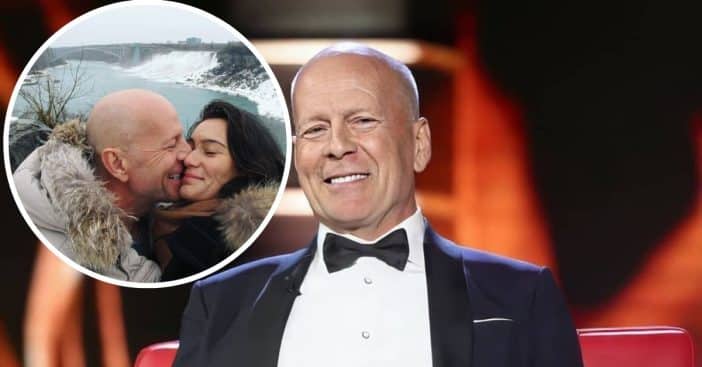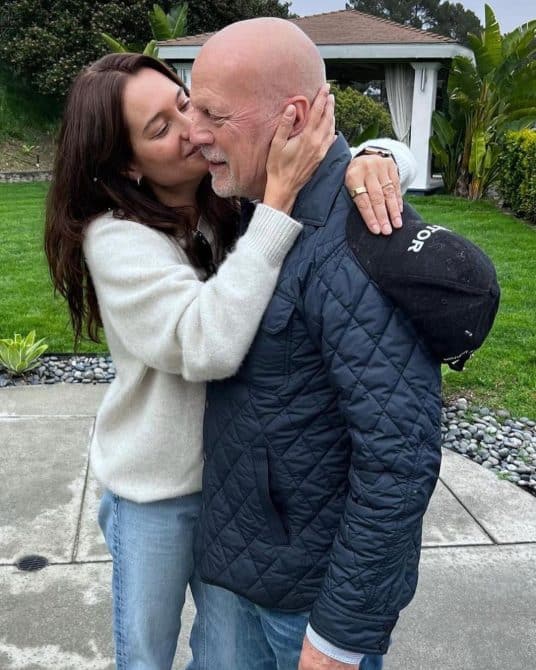
Since Die Hard actor Bruce Willis’ diagnosis of aphasia and then Frontotemporal Dementia, his family has had to deal with public opinion and criticism online. His wife, Emma Heming Willis, has been vocal about his condition, as well as addressing questions about her husband’s rare condition.
Recent reports alleged that Bruce can no longer experience joy due to FTD. However, Emma debunked such news. “The headline basically says there is no more joy in my husband. Now, I can just tell you, that is far from the truth,” the 45-year-old said on Instagram.
FTD is not the end of Bruce Willis’ joy

Emma noted that despite the “grief and sadness” over Bruce’s unfortunate health deterioration, there remains “love, connection, and joy” in the family. “My experience is that two things can be true and exist at the same time,” she explained. “I had to get out of my own way to get here, but once I arrived, life really started to come together with meaning, and I had a true sense of purpose.”
RELATED: Bruce Willis And Family Enjoy Winter Getaway Amid Worsening Dementia
The mother of two has chosen to focus on the positives, including the “beauty and soulfulness in this story,” and advises others to do the same. Her followers, many of whom could relate to her position as a primary caregiver, took to the comments with kind words. “I agree with everything you are saying. Unless you have had the experience do you truly understand dementia. As much as I know, there is still so much to learn! Thank you for being a voice !!” someone applauded.

Emma gave critics a piece of her mind and urged them to stop using her lover’s experience as clickbait. “How things are framed and pushed out to us and how we have a split second to take that information in. Man, it’ll do a number on my psyche,” she admitted. “To whom it may concern, please be mindful how you frame your stories to the public about dementia and dig deeper.”

Emma also encouraged fans and news outlets to gain more knowledge about dementia before reaching unproven conclusions. “Here’s what I’ve come to understand is that we are being educated by the wrong people. People who have an opinion rather than an experience. People who have not taken the time to properly educate themselves on any kind of neurocognitive disease…I’m just talking about baseline dementia awareness and what’s being fed to the public,” she wrote.
